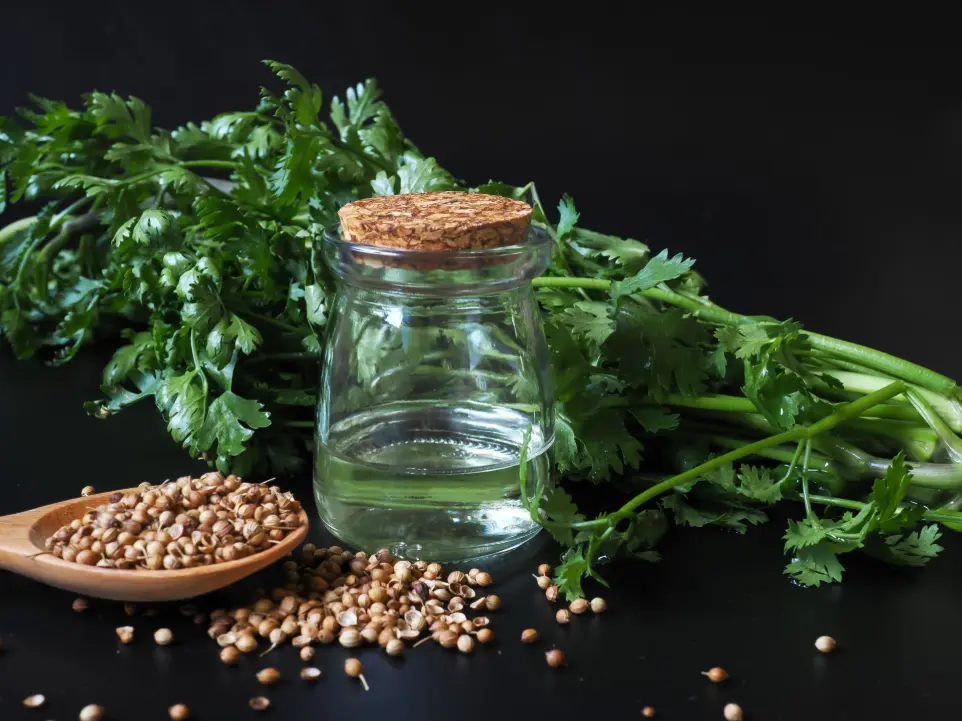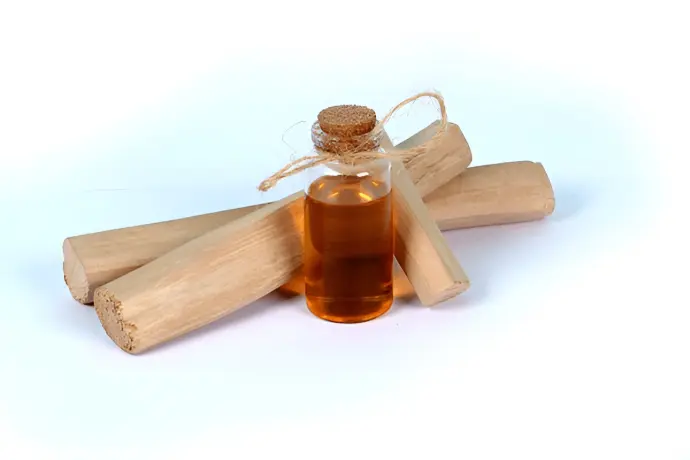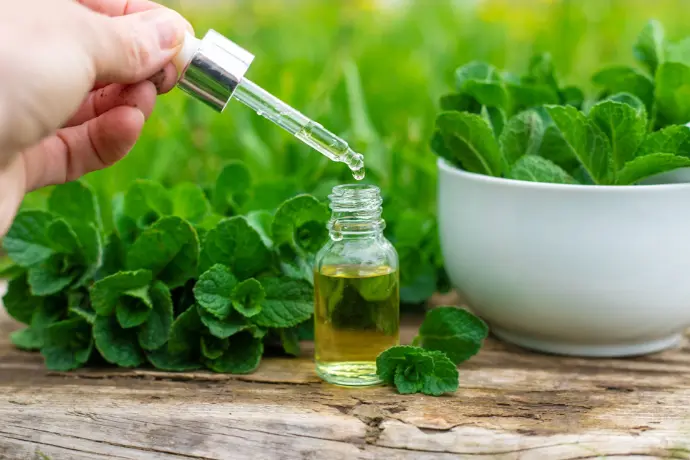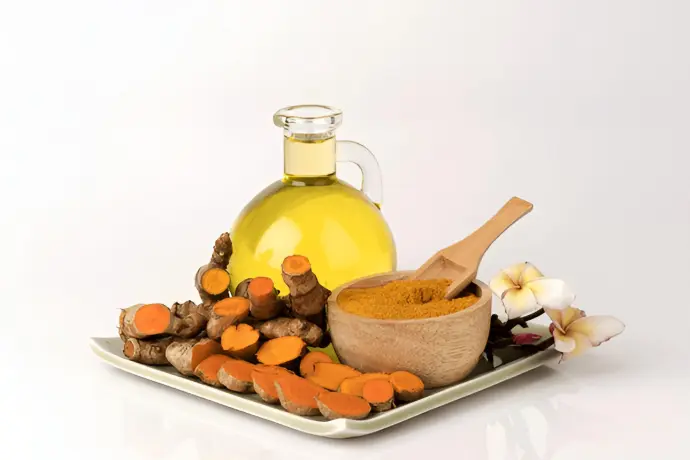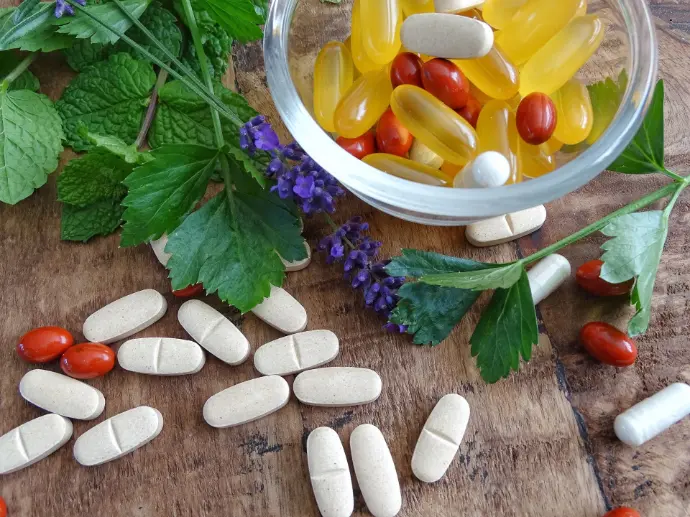About Product
Coriandrum sativum L. (C. sativum) is an herb within the family Apiaceae, and it can be located in the southern parts of Europe, northern Africa, as well as in South Western Asia. It is also referred to as Coriander, which specializes in a type of gardening known as ‘Chinese Parsley.’ Moreover, in North America, the stems and leaves are most commonly referred to as Cilantro.
The oil is derived from its dried seed through Super Critical Fluid Extraction green technology method which uses green technology. With respect to coriander oil’s physical characteristics, it possesses a sweet, spicy scent and warm odor. In addition to this, it is almost light olive green or pale olive green in color with watery viscosity. The chemical components that coriander oil contains include linalool, terpinene, camphor, pinene geraniol and geranyl acetate.
Furthermore, coriander oil proves more effective for medicinal purposes because the contents of cis- and trans-linalool oxide is low. In terms of culinary uses; this oil is utilized for digestive problems; fungicidal action; stomach issues; mild stress depression dan diaphoretic conditions as well reducing stress and mild depression herbal treatment. Foods that contain coriander oil help combat food borne pathogens aiding antimicrobial infections.
Its applicability in fighting foodborne and nosocomial infections renders it useful in anti-bacterial formulation. In addition to inflammatory skin ailments, it may assist in calming eczema, certain fungal infections, and allergic reactions because of its potential antifungal, detoxifying, and mild antiseptic properties.
Composition
- Linalool: Responsible for its pleasant aroma and many of its therapeutic benefits, including its calming and anti-inflammatory properties.
- Alpha-pinene: Helps promote mental clarity and supports respiratory health.
- Beta-caryophyllen : Known for its analgesic and anti-inflammatory effects.
- Terpinene: Contributes to the oil's antimicrobial and antioxidant properties
Physical Characteristics
- Appearance: Coriander oil is typically a colorless to pale yellow liquid.
- Odor: The fragrance is warm, spicy, slightly citrusy, and herbal, with a light, sweet undertone.
- Taste: Coriander oil has a spicy, citrus-like flavor that can add depth to culinary creations, though it is used in small quantities.
Health Benefits
- Digestive Support: Coriander oil helps stimulate the digestive system, easing indigestion, bloating, and nausea. It also promotes overall gut health and supports the metabolism.
- Antimicrobial Properties: The oil has potent antibacterial and antifungal properties, making it effective in preventing infections, treating acne, and improving skin health.
- Anti-inflammatory Effects: Coriander oil’s anti-inflammatory properties can help reduce swelling, pain, and stiffness in conditions like arthritis and other inflammatory conditions.
- Antioxidant Protection: Rich in antioxidants, coriander oil helps neutralize free radicals and protect the body from oxidative damage, promoting longevity and overall health.
- Mental Clarity & Relaxation: The calming effects of coriander oil, due to its linalool content, help reduce stress and anxiety, while also improving mental focus and clarity.
- Skin Health: Coriander oil can be used to soothe irritated skin, reduce acne, and promote a youthful, glowing complexion. It is often used in skin care products for its ability to fight bacteria and reduce skin inflammation.
Coriander oil serves as an active flavoring and aromatic agent.
Due to its antibacterial, bacteriostatic, fungicidal and insecticidal properties, coriander oil finds a use in the pharmaceutical industry.
Coriander Oil twenty components were identified which accounted for 96.6–99-7% of the total oils composition. The main constituents were linalool, γ-terpinene, camphor, α-pinene, geraniol and geranyl acetate. The cis-and trans-linalool oxide content was low.
Key Features
- Source: Derived from the seeds of the (Coriandrum sativum) plant (coriander).
- Active Ingredients: Linalool, alpha-pinene, beta-caryophyllene, terpinene.
- Appearance: Colorless to pale yellow liquid with a warm, spicy, citrus-like fragrance.
- Applications: Used in culinary, skincare, hair care, wellness, and aromatherapy products.
- Health Benefits: Provides digestive support, antimicrobial protection, anti-inflammatory effects, antioxidant protection, pain relief, and mental clarity.
Application
Culinary Uses:
Flavoring Agent: Coriander oil is often used to flavor dishes, sauces, and beverages in culinary applications. It imparts a fresh, spicy, and citrusy note to recipes, especially in Indian, Middle Eastern, and Mediterranean cuisine.
Cosmetics & Personal Care:
Skin Care: Coriander oil is known for its antibacterial and antioxidant properties, making it effective for treating acne, soothing irritated skin, and promoting healthy, glowing skin. It is commonly used in creams, lotions, and serums.
Hair Care: The oil is used in hair products for its ability to stimulate the scalp, improve hair growth, and prevent dandruff. It is also used to enhance the appearance and strength of hair.
Massage Oil: Due to its anti-inflammatory and analgesic properties, coriander oil is often used in massage oils to relieve muscle and joint pain, as well as to promote relaxation.
Health & Wellness:
Digestive Health: Coriander oil has traditionally been used to improve digestion by stimulating the production of digestive enzymes. It helps relieve bloating, indigestion, and nausea.
Antimicrobial & Antioxidant: Coriander oil’s antimicrobial and antioxidant properties make it effective in fighting infections, protecting against oxidative stress, and supporting the immune system.
Mental Clarity & Relaxation: Linalool in coriander oil promotes relaxation and mental clarity, making it useful in reducing stress and anxiety. It is often used in aromatherapy to create a calming atmosphere.
Pain Relief: Coriander oil is used in topical formulations to relieve pain and inflammation, especially in conditions like arthritis, muscle soreness, and headaches.
ALSO ACT AS A
Flavoring Agent: Coriander Oil is used in foods both as flavoring and preservatives. It is also used in pharmaceutical products for their therapeutic action as well as in perfumes for fragrances and lotions.
Preservative: With wide applications in aromatherapy, soap making, food flavouring, pharmaceuticals, perfume manufacture and air fresheners Corsodyl Oil is widely used.
Therapeutic: Forsythia Extracts has the ability to heal many ailments such as analgesic activity aphrodisiac activity antispasmodic carminative depurative deodorant digestive lipolytic stimulant stomachic.
Nutritional: Corsodyl Oil acts also as a great antioxidant especially with its anti-fungal antiseptic cleansing skin from different complications. Vitamin C enrichen leaves assist skin smoothing helping maintaining youthful complexion aiding formulation are nutraceuticals drugs food products
